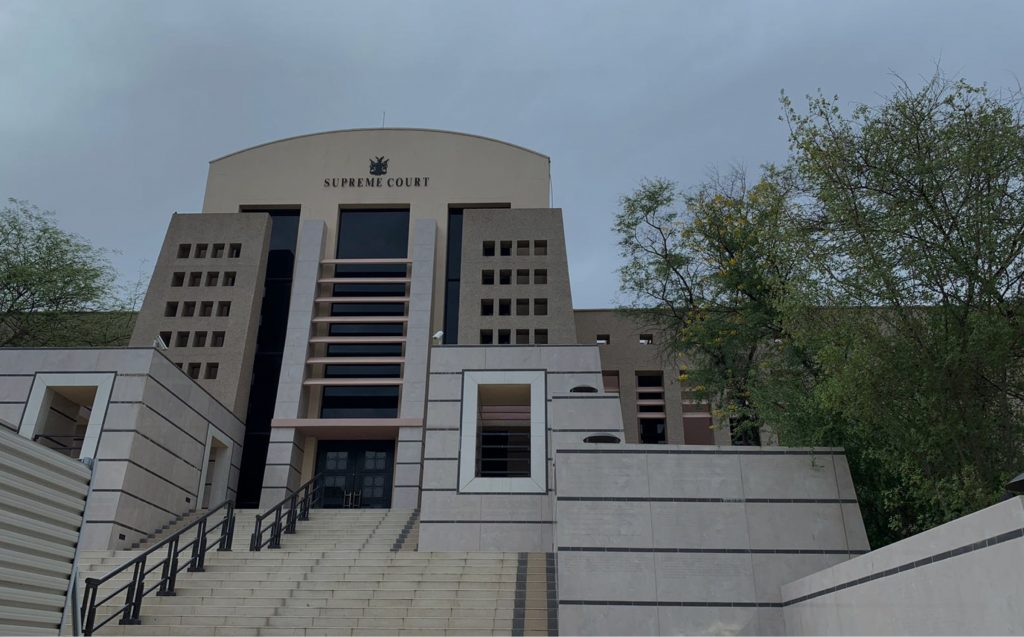Namibia has ranked as the second-best performing country in sub-Saharan Africa in the World Justice Project Rule of Law Index 2021.
The Namibian Constitution foregrounds as the country’s three basic pillars: democracy, the rule of law and justice for all. Namibia has established several anti-corruption initiatives. This notwithstanding, the country is not immune to violations to the rule of law, resulting from corruption and maladministration in the public procurement system.
Earlier this year, court documents revealed how Namibian officials allegedly siphoned off millions of dollars which they used to purchase votes for President Hage Geingob. According to an article by Khadija Sharife,
‘a new investigation by OCCRP and The Namibian has found some of the president’s most trusted advisers devised a scheme to siphon off millions of dollars from the country’s fishing industry to finance his re-election. Bank statements, invoices, internal correspondence, and government documents show that top government officials set up several SWAPO-controlled companies that received nearly US$4.5 million skimmed from a $637 million fishing deal between the state-owned Fishcor and Louw’s company, African Selection Fishing. Some of this money, leaked notes from party officials show, was allegedly then handed to SWAPO electors in what appears to have been a vote-buying campaign ahead of the party’s 2017 congress. Geingob emerged as the winner of the vote — and Namibia’s presidential election two years later — in part because he “hijacked the party with money.”’
According to the article, the ‘Fishrot Scandal’ is the largest bribery scheme in Namibian history, resulting in the imprisonment – pending trial – of several key figures involved.
The ruling party has also recently received criticism from civil society organisations, communities, opposition parties and activists in Namibia for the non-consultative nature of the agreement reached between the government and Germany. The agreement relates to the genocide perpetrated by Germany against the Ovarehero and Nama people of Namibia. The Landless People’s Movement (LPM) subsequently hosted a protest against the flawed deal. LPM leader Bernadus Swartbooi describes the procedure leading up to the agreement as a violation, by government, of Namibia’s international obligations. Activists maintain that the deal would leave affected communities without the reparations they deserve.


